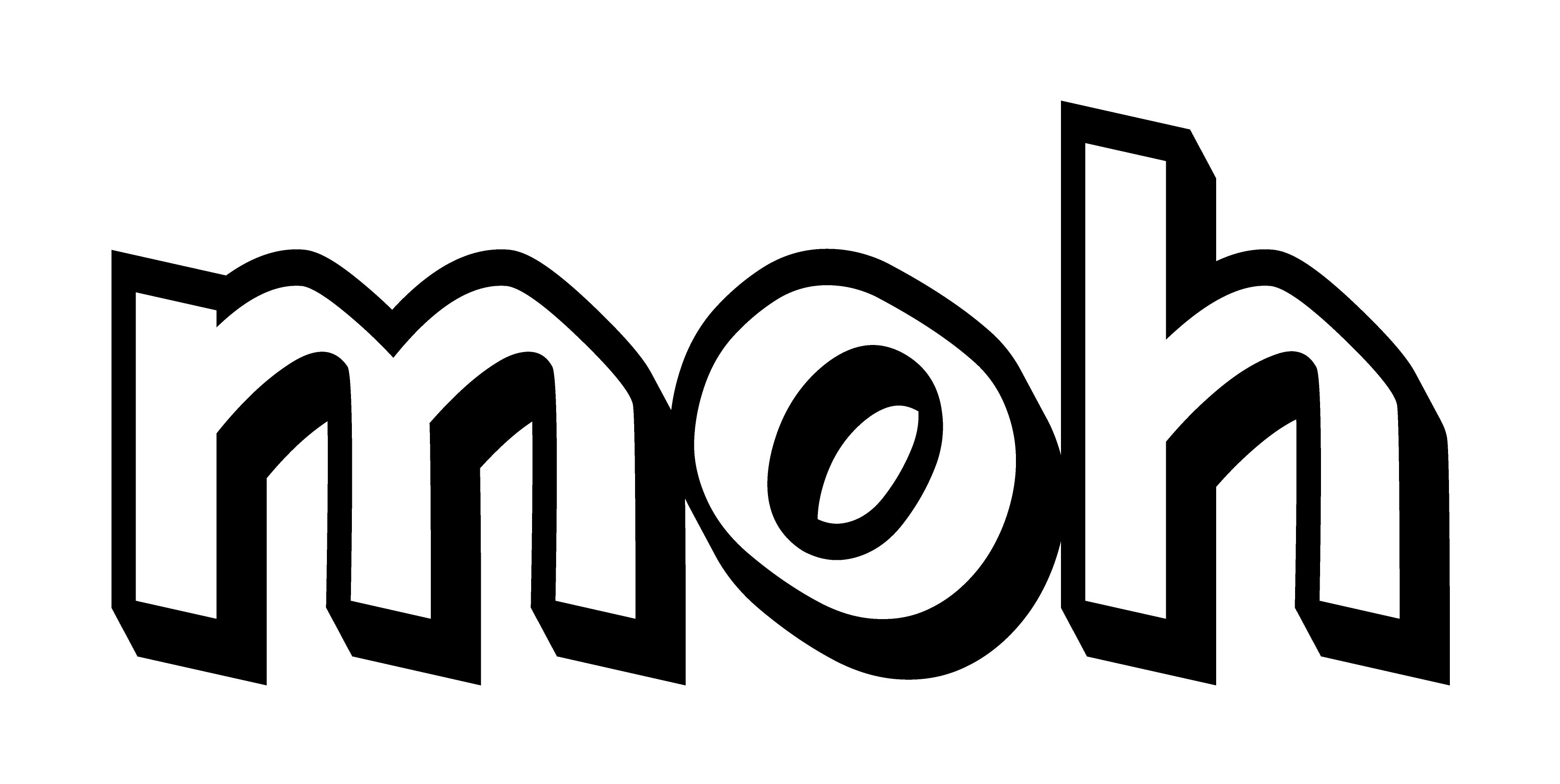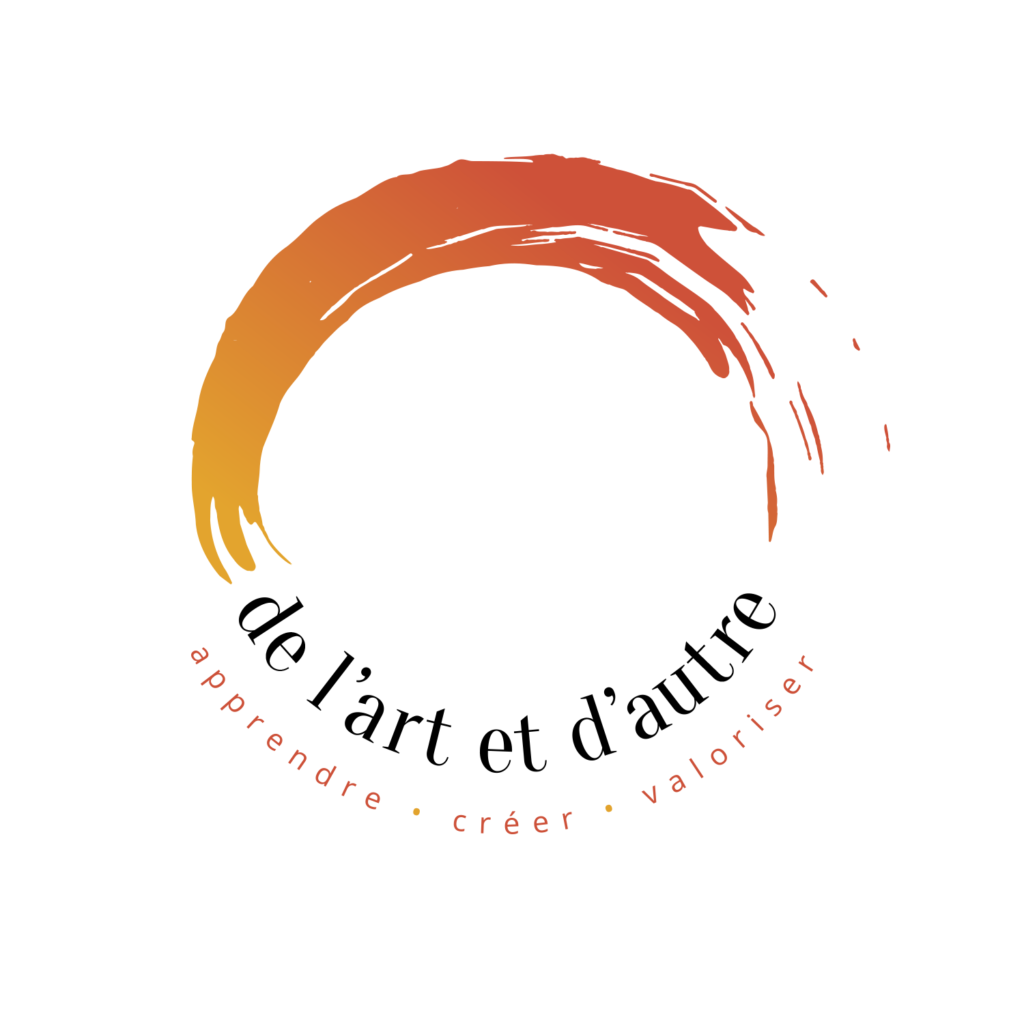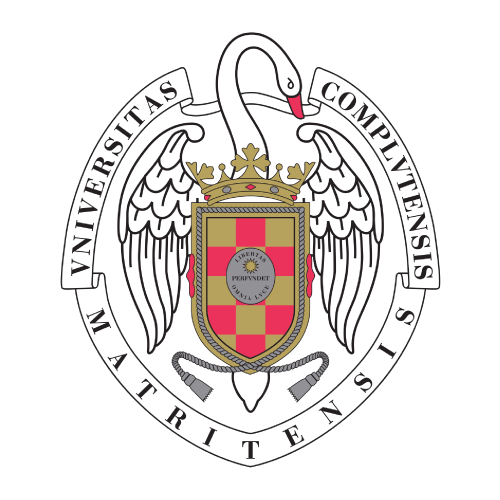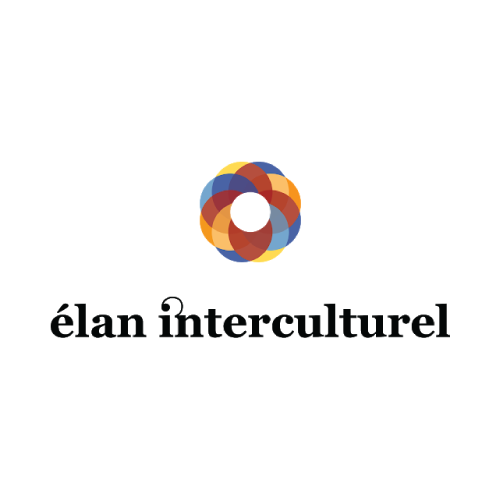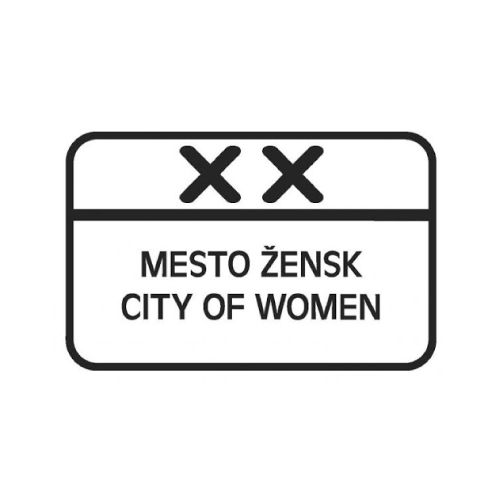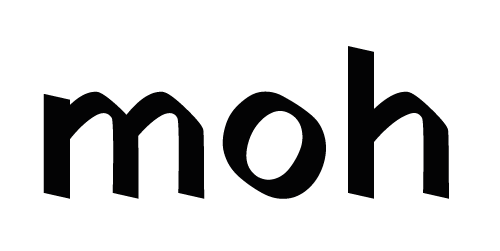Power
Context
In all societies, power is unequally distributed among people: they have different influences on decisions, different rights and duties (Eriksen).
Gender is one of the dimensions that seems to organise this inequality in the distribution of power, with women tending to have lower rank and less power than men, at different times and in different places. Although in many European countries there has been a perception that these differences have been overcome, the explosion of the #MeToo movement has shown that even in Europe the issue is not completely resolved.
Aims
Offer young people creative and attractive ways to understand gender-related concepts
Raise awareness of how gender is linked to power: how people still experience discrimination and oppression because of their gender identity
Empowering young people to develop their gender identity in safe and creative ways, to deal with challenges and oppression related to their gender identity
Develop understanding, empathy and solidarity towards others with different types of gender identities and sexual orientations in order to take action against the oppression that others experience
Acquire tools to communicate gender inequalities and challenges.
Provide youth workers and youth leaders with comprehensive tools to address gender and power issues with young people in a safe and engaging way
Resources
1. Exploring “Gender”, “Power” and “Empowerment”
This result is the theoretical starting point for the entire project, in which we explored how ɜ young people experience, interpret and approach gender, to understand how they see the connection between gender and power. It contains a book that questions works of art, a set of pedagogical cards and a guide to using the cards
Book “Artworks at question”
A collection of artworks with questions to trigger debate and identify main gender and power issues.
Set of pedagogical cards and a guide on how to use them
Set di 25 schede pedagogiche con definizioni di concetti chiave relativi al genere e illustrazione concreta attraverso storie personali.
Meanwhile, the guide describes a series of activities leading to the construction of the ‘cards’ and a learning activity using them.
2. Museum workshops on gender representations
Each partner has created a museum itinerary for thematic visits around the themes of the project.
The itineraries developed are:
- Presentism and Uchrony – UCM/EARTDI – National Archaeological Museum, Madrid, Spain
- Public Space and Gender Roles – DADAU – Musée du Louvre, Paris, France
- Female versus Male Gaze – MOH – Pinacoteca “Corrado Giaquinto”, Bari, Italy
- Sex Related Power-Relations – City of Women – Museum of Contemporary Art Metelkova, Ljubljana, Slovenia
- Interculturality and Gender – ELAN – Centre Pompidou, Paris, France
3. Art Mediation workshops for Gender Empowerment
Art mediation has the power to create a climate of confidence to approach sensitive gender-related issues. Thus, we are proposing 5 series of 35 hours long art workshops, where young people are invited to and accompanied in the creation of artworks focusing on the subject of gender.
4. Dialogues about power dynamics and gender within the art world
For this outcome, each partner invited a guest from the art industry to discuss power and gender dynamics within the art world. Six videos of these dialogues were then made. One for each partner and one summarising all the different interventions.
Video summary of all the dialogues
A dialogue with Ivana Pia Lorusso & Margherita Ragno
5. Art-campaigns and toolkit for gender empowerment
For this result, each partner implemented an artistic campaign responding to the local needs and specific contexts of the participating countries. Thus, there were interventions in public space, painted murals, online actions, etc. The accompanying toolkit contains the 5 ‘recipes’ for executing these campaigns.
Ironic Road bans to reclaim our city | Art campaign in Bari
Our artistic campaign focused on the phenomenon of catcalling, which is very common in our city. Below is the summary video produced.
6. Playbook for youth workers: explore your powers through art
For this achievement, each partner contributed to the development of the playbook, a tool for reflecting on issues of gender, power and empowerment while having fun.
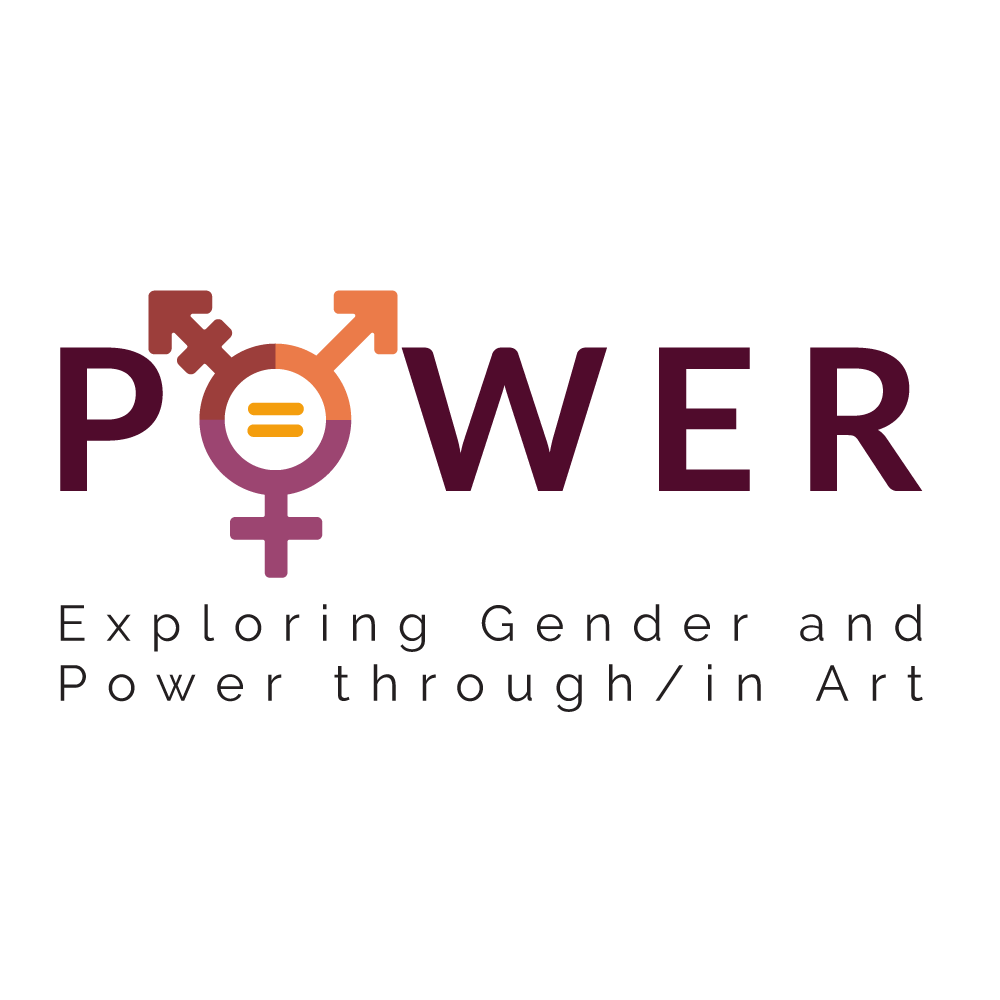
Project n°: 2020-2-FR02-KA205-017944
Duration: 01.12.2020 – 30.04.2023
Coordinator: DADAU (de l’art et d’autre)

The “Power” project is funded by Service Civique within the framework of the Erasmus+ programme, Key Action 2, Strategic Partnerships in the youth field.
